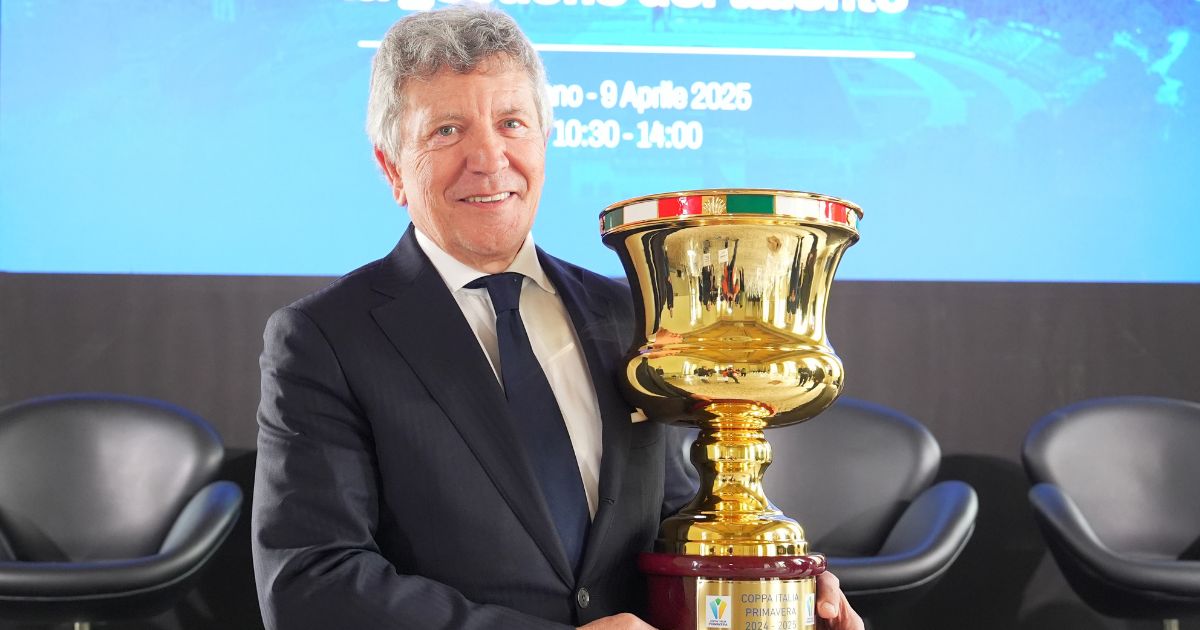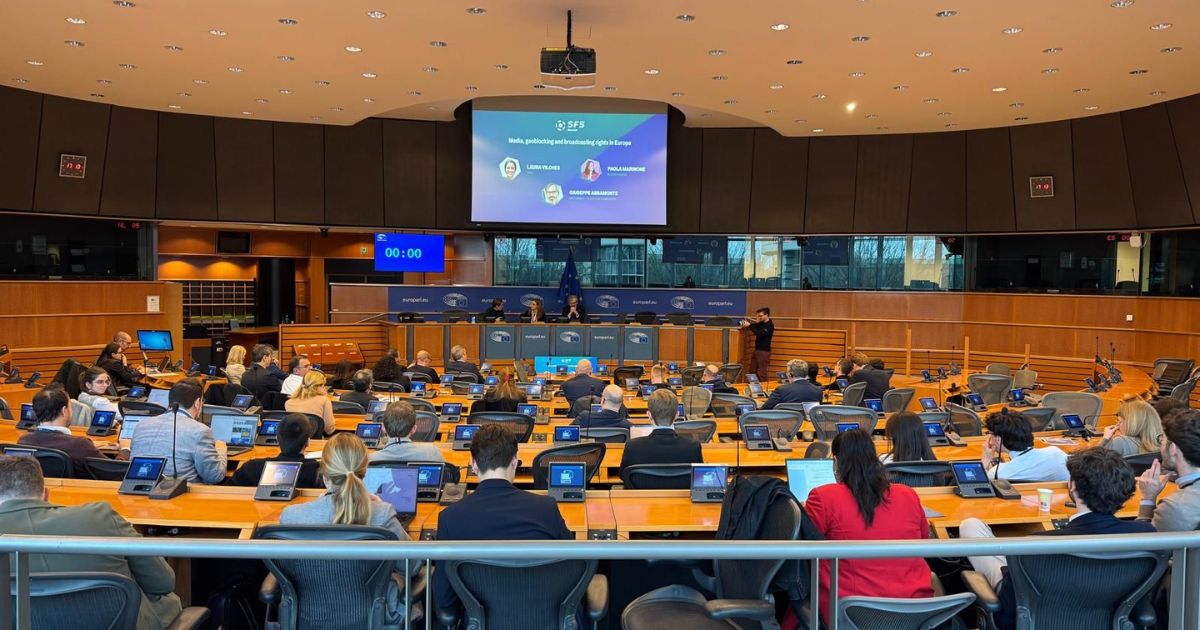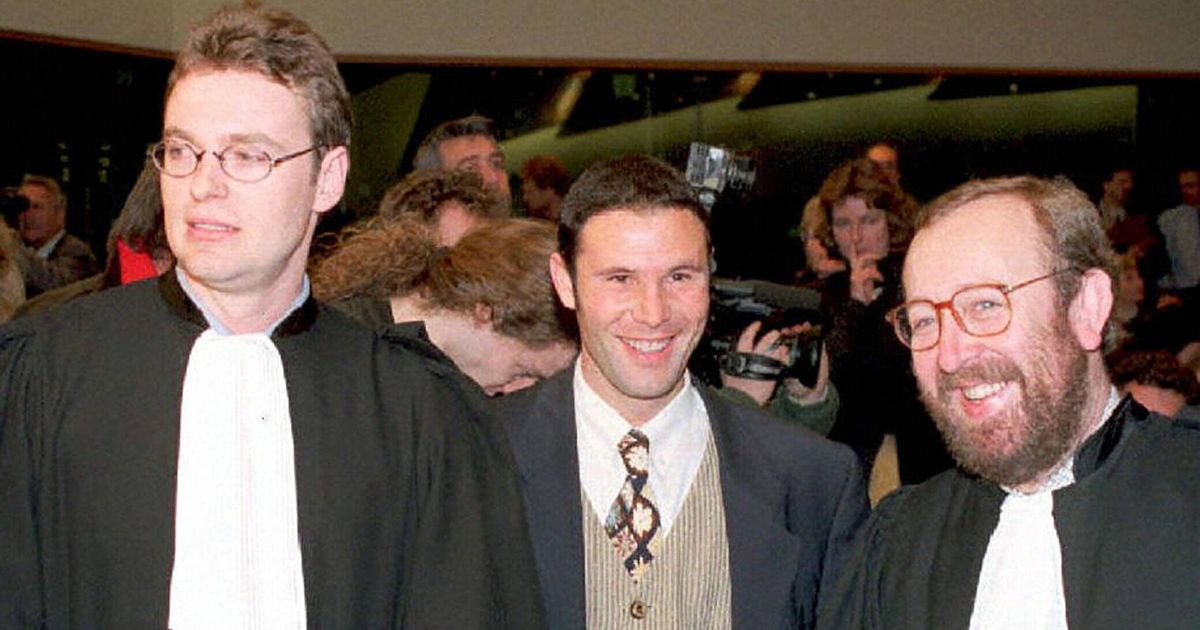SFS is pleased to announce a partnership with AMB Elettronic, a leading Italian company in the field of electronics applied to sports. Founded in 1994 in Adria (RO), AMB Elettronic specializes in the design and manufacture of electronic substitute scoreboards used in international sporting events and recognized by organizations such as FIFA and UEFA.
The quality and innovation of AMB’s products-including the famous Delta whiteboards with LCD display and programmable memory-represent a perfect example of made-in-Italy excellence. In addition to this, the company also makes extendable stadium tunnels, combining functionality, safety and customization.
The partnership with SFS, celebrates the coming together of sports and technology, two worlds that increasingly dialogue to enhance the experience on and off the field. This collaboration recognizes AMB Elettronic ‘s official status as a “Partner” of SFS 25, giving the company integrated and structured visibility within the event, as well as in SFS Snacks.
AMB Elettronic is a Partner of the SFS
SFS is pleased to announce a partnership with AMB Elettronic, a leading Italian company in the field of electronics applied to sports. Founded in 1994 in Adria (RO), AMB Elettronic specializes in the design and manufacture of electronic substitute scoreboards used in international sporting events and recognized by organizations such as FIFA and UEFA. The quality and innovation of AMB's products-including the famous Delta whiteboards with LCD display and programmable memory-represent a perfect example of made-in-Italy excellence. In addition to this,
SFS and Villarreal CF present SFS Snack: “Soccer infrastructure and urban development”
SFS (Social Football Summit) and Villarreal CF are proud to announce the next edition of SFS Snack, a short-form international conference dedicated to the soccer industry, to be held on April 15 at the famous Estadio de la Cerámica. SFS Snack Vila-real will bring together high-level speakers, including representatives from major clubs such as Villarreal CF, AS Roma and Valencia Basket Club, as well as managers of international brands such as Ascale. The event, titled "Football, infrastructure and urban development," will
“FROM YOUTH FOOTBALL TO BIG-TIME FOOTBALL: TALENT MANAGEMENT”
The conference, organized by Lega Serie A in collaboration with SFS, was held before Milan-Cagliari, the Primavera Coppa Italia Final. Yesterday morning, in the prestigious setting of the Palazzina Appiani inside the "Gianni Brera" Civic Arena in Milan, the conference "From Youth Football to the Football of the Grown-ups - The Management of Talent" was held, organized by Lega Serie A and the SFS, on the occasion of the 2024/2025 Primavera Italian Cup Final. The meeting was an opportunity to take
Bluenergy Stadium solar farm at the center of soccer’s first energy community
Press release published on the official website of theUdinese Calcio. An unprecedented sustainability and solidarity initiative comes to life around the 1.1 MWh/year photovoltaic park at Udine Stadium Udinese Calcio and Bluenergy Group's joint commitment to environmental and social sustainability takes an extraordinary new step today. As the two clubs announce the completion of work on the photovoltaic system housed on the roof of Bluenergy Stadium, a new project involving the Friuli Venezia Giulia region and society comes to life. THE ENERGY COMMUNITY "Energy
SFS at the European Parliament: A Success for the Future of European Football
SFS Snack Brussels – Football and Europe: rules, rights and priorities The SFS Snack Brussels event concluded with great success, bringing the debate on European football governance to the heart of European institutions. Hosted at the prestigious European Parliament, it provided a unique opportunity for institutions, experts, and industry professionals to discuss the regulatory, economic, and social challenges that will shape the future of football in Europe. The event was introduced by institutional remarks from MEP Nicola Zingaretti "uniting Europe means uniting society and
Discovering Jean-Louis Dupont, the Architect of the Historic Bosman Ruling
Discovering Jean-Louis Dupont, the Architect of the Historic Bosman Ruling The man who, wearing the judicial robe, has revolutionized the features of global football on two distinct occasions. The Belgian lawyer will be one of the speakers at the SFS Snack in Brussels. The football lawyer. We can define Jean-Louis Dupont like this, but summarizing such an influential personality with three words would even be reductive. His figure is closely linked to two watershed events in the football context: the Bosman ruling
The new Champions League on Sky: between technology, excitement and an increasingly engaging narrative
Since the 2024-2025 season, European soccer has changed its face with the new cup format, a revolution involving the Champions League,Europa League and Conference League. A total of 51 evenings, over 500 games and more than 342 competitions, with unprecedented coverage. Sky and NOW have secured the exclusive broadcast of 185 out of 203 Champions League matches, bringing audiences to the center of an increasingly immersive experience, on and off the field. But soccer reporting today is no longer just about
Premier League’s Green Revolution: ESG, Innovation and Passion for Football
During an engaging panel organized by SFS24, industry experts and managers examined the crucial role of sustainability in soccer, focusing on how Premier League clubs are adopting environmental, social and governance (ESG) strategies to innovate and transform their operating model. The panel featured prominent figures such as Tom Harris, Sustainability Manager Brighton & Hove Albion FC; Chris Goodwin, ESG Manager Chelsea FC; Caroline Carlin, Head of Clients and Sustainability Enovation Consulting; and Kelsey Francis, Senior ESG Reporting and Communications Manager also
EA FC FUTURES joins Bundesliga Common Ground in creating more opportunities to play around the world
This article is available in its original and unabridged version on the official Bundesliga website. The Bundesliga and EA SPORTS have joined forces as part of EA SPORTS FC FUTURES initiative, making the most of the established Bundesliga Common Ground pitches to provide further benefit to local communities around the world. This partnership project aims to promote the revamp and continued utilisation of 4 community pitches located around the world. Starting with the sites in Brazil, Nigeria, Indonesia and Germany, each pitch
Football from a global perspective: strategies, challenges and opportunities of the new digital era
Football is undergoing an unprecedented transformation, extending into new markets and reaching fans around the world. In the SFS panel'Globalization of football: how football is expanding into new markets,' industry experts discussed the strategies, challenges and opportunities that are driving the globalization of the game. Speaking on stage, moderated by Didem Dilmen , Director Of Communications Comparisonator, were Carolina Tha, Country Manager ITA, ES, PT and CH SambaDigital, Lucas Bugter, Director of Business Development 433 and Nicole Pike,












